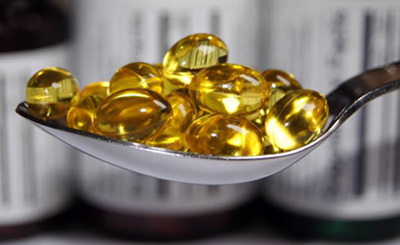Effects of Testosterone Treatment in Older Men

The so called double-blind randomized controlled trial (RCT) is accepted by medicine as the gold standard objective scientific methodology, and provides the highest strength of evidence for the effectiveness of a treatment.[1-4]
An accumulating body of evidence shows that treating hypogonadal men with testosterone therapy provides a number of wide-ranging benefits beyond mere relief of symptoms, including improvements in muscle mass, insulin sensitivity, fat mass (both total body fat and visceral fat), endothelial function, blood pressure, lipid profile and bone mineral density.[5, 6]
Recent clinical practice guidelines state that testosterone therapy is safe if treatment and monitoring are appropriately executed [7-9], and the totality of available evidence to date does not support alleged concerns regarding risk of cardiovascular disease [10] and prostate cancer.[11] Despite this, opponents state that the clinical benefits and potential long-term risks of testosterone therapy have not been adequately assessed in large RCTs, and that therefore a general policy of testosterone replacement in all older men with age-related decline in testosterone levels is not justified.[12]
To address the lack of large RCTs on testosterone therapy, the US National Institute of Health has funded The Testosterone Trials, which is a coordinated set of 7 large double-blind RCTs. Here I report the first results from The Testosterone Trials, which were released February 18, 2016.[13]
Effect of Fish Oil on Body Composition, Fat Burning & Energy Expenditure

In previous articles I covered the effects of fish oil supplementation on fat loss and muscle growth:
Here I will present the results of a more recent study that investigated the effects of fish oil supplementation on body composition and metabolic outcomes.[1]



